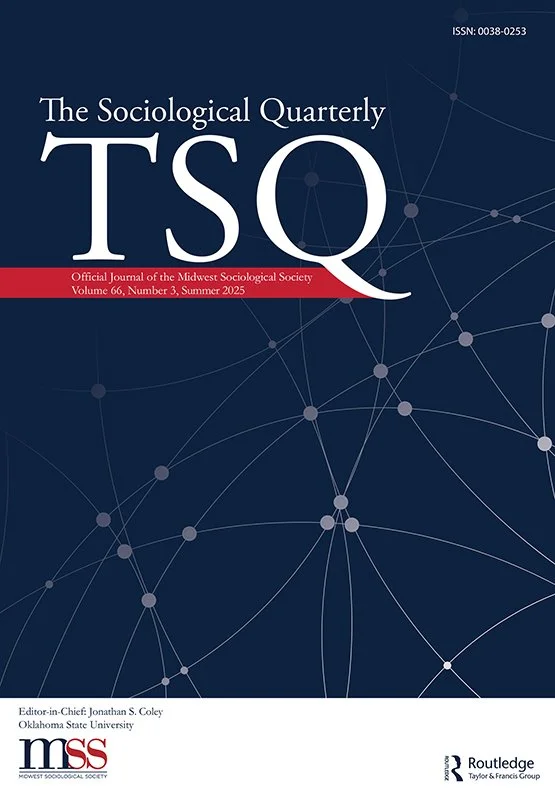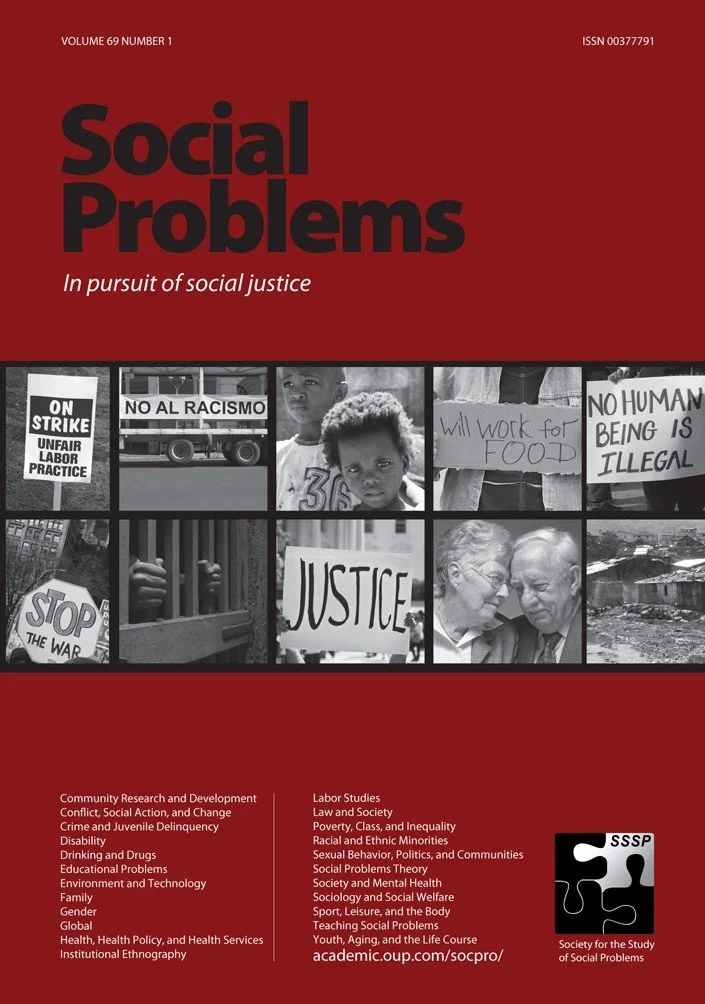Peer-reviewed articles
I Love a Piano: How a Philadelphia Piano Bar Maintains Its Gay Reputation Through Interaction Rituals
Tyler Baldor, The Sociological Quarterly [in-press]
How can queer nightlife spaces straighten in clientele while retaining their queer reputations? Scholars have observed how a heterosexual presence in gay bars can alter the vibe of these spaces and diminish their queer reputations over time. Drawing on ethnography of a gay piano bar in Philadelphia’s Gayborhood, however, I find that queer and straight patrons alike help foster the bar’s campy atmosphere each night. Through the collective consumption of showtunes, standards from the Great American Songbook, and pop music sung by divas, patrons and staff routinely accomplish Tavern’s gay reputation in ways that do not preclude the presence or participation of straight patrons by (1) crafting engaging live performances that shift patrons’ embodied attention toward the same object, (2) invoking “culture talk” about the music being performed, and (3) deploying camp as a subcultural strategy in interaction. This micro-sociological approach to queer nightlife studies contributes to the growing literature on the persistence of queer nightlife in the face of gay bar closures by locating opportunities for persistence within the gay bar rather than beyond its borders.
Do I Know You? Managing Offline Interaction in Acquainted Stranger Relationships
Tyler Baldor, Qualitative Sociology 2022
Sociology has a long history of analyzing relationships between strangers in everyday life. The ubiquity of social media and mobile technologies, however, necessitates refined theories of how people relate to and interact with strangers in a social world where online and offline contexts are intertwined. This study examines public encounters between acquainted strangers, a type of connection fostered through social media wherein people are both digital acquaintances and offline strangers. Drawing on ethnographic data of queer men who use mobile dating and hookup apps, I find that queer men experience these encounters as routine yet problematic, which past theories of stranger relationships cannot fully explain. I argue that offline interactions with acquainted strangers amplify interactional uncertainties around identification (e.g. “I know them, but do they know me?”) and recognition (e.g. “What are the moral demands of our relationship?”). Managing these uncertainties is socially significant as the decision to regard or ignore an acquainted stranger marks not only interpersonal acceptance/rejection but also broader forms of belonging and exclusion. These findings underscore how mobile technologies are fundamentally transforming what it means to be a “stranger.”
Acquainted Strangers: Thwarted Interaction in Digitally Mediated Urban Gay Bars
Tyler Baldor, Social Problems 2022
While some situations in sexual contexts facilitate interaction, others can make overtures difficult to negotiate. Furthermore, social media creates new challenges as individuals navigate sexualized spaces in an increasingly digital world. Drawing on fieldwork in Philadelphia gay bars and supplemental interviews with young gay club-goers, I find that men experience unexpected challenges that inhibit their ability to socialize with gay others and enact positive gay identities. I show how the social organization of particular bars, as well as the popularity of mobile dating applications, undermines the interactional accomplishment of positive outcomes such as identity affirmation and “having fun”: (1) men’s embodied work to evade effeminacy constrains their facial expressions, comportment, and speech; (2) gay bars’ multiple functions as sexual fields and community outposts render both social and sexual interaction difficult to initiate; (3) patrons struggle over whether and how to interact with other mobile dating app users, a novel social tie I conceptualize as acquainted strangers, in the bars. I discuss how these mechanisms—managing stigma corporeally, negotiating discrepant frames, and navigating ambiguous social ties—may thwart interactional achievements while reproducing inequalities in contexts beyond the gay bar.
No Girls Allowed?: Fluctuating Boundaries Between Gay Men and Straight Women in Gay Public Space
Tyler Baldor, Ethnography 2019
How are boundaries between sexual identities constructed and maintained through interaction? I draw on ethnographic observation in Philadelphia gay bars popular among heterosexual patrons and supplemental interviews with young gay-identifying club-goers to illuminate how men make situational claims to gay space by drawing distinctions between who ‘belongs’ in gay bars and who does not through interaction. Conceptualizing gay space as a collectively accomplished ‘mesh’ of particular interaction rituals, I find that men activated membership boundaries when presumably straight women's nightlife rituals were perceived to threaten the continued production of gay space by ‘straightening’ it. Men did not enact boundaries when straight women energized men's rituals with positive emotional energy and contributed to a bar's collective ‘gay’ feeling. Broadly, these findings suggest that the generation of shared emotions across groups in spaces with contested meaning or function helps determine the salience of boundaries.



